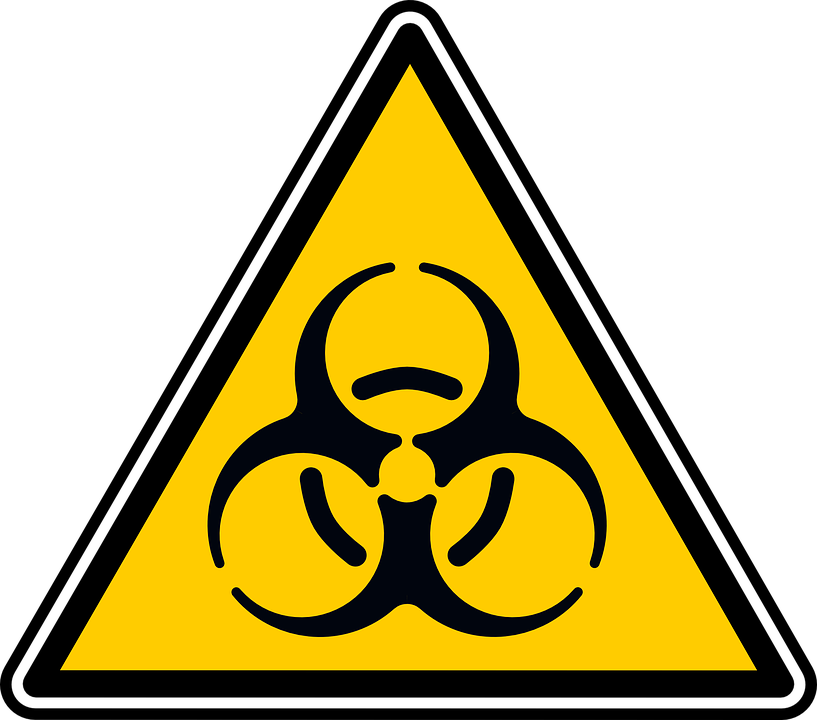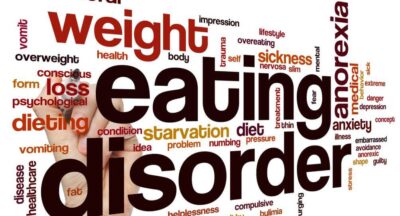
The very difficult decision to make in life: Knowing when to cut off interaction with toxic family members
So I know I will get a lot of negative feedback with this article and most will retaliate with saying that we unfortunately don’t choose our family and must accept some negativity. I agree that we do not choose our family but we can choose on how much more negativity we allow ourselves to tolerate from family members. Life is all bout choices and some are harder than others.
Nevertheless, we do not need to continue accepting some circumstances we can control.
Recognizing toxic family members involves paying attention to recurring patterns of harmful behavior. If interactions consistently leave you feeling emotionally drained, anxious, or undervalued, it may be a sign of toxicity. Identifying specific behaviors such as manipulation, verbal abuse, or a lack of respect for boundaries is crucial. Regularly assess your emotional well-being and the impact of these relationships on various aspects of your life. Trust your instincts and prioritize self-care. Seeking guidance from professionals or confiding in a supportive network can provide clarity and help you determine when it’s necessary to establish boundaries or, in some cases, cut off communication with toxic family members.

Deciding to cut off communication with toxic family members is a significant and often challenging decision. Here are some strategies to help you determine when it might be necessary:
1) Recognize the Toxic Behavior:
Identify specific behaviors that are harmful, manipulative, or emotionally damaging. This could include verbal abuse, constant criticism, manipulation, or a lack of respect for your boundaries.
2) Assess Your Emotional Well-being:
Regularly check in with your own mental and emotional state. If interactions with certain family members consistently leave you feeling drained, anxious, or depressed, it may be a sign that the relationship is toxic.
3) Set Boundaries:
Establish clear boundaries and communicate them assertively. If these boundaries are repeatedly crossed, and your well-being is compromised, it may be time to reassess the relationship.
4) Evaluate the Impact on Your Life:
Consider how the toxic relationship is affecting different aspects of your life, such as your mental health, relationships with others, work, and overall happiness. If the impact is overwhelmingly negative, it may be time to distance yourself.
5) Seek Professional Support:
Consult with therapists, counselors, or support groups to gain an objective perspective on your situation. Professionals can offer guidance on setting boundaries and coping strategies.
6) Reflect on Patterns:
Look for patterns of behavior over time. If the toxic behavior is consistent and shows no signs of improvement despite your efforts, it may be an indication that the relationship is not healthy.
7) Prioritize Self-Care:
Make self-care a priority. If maintaining contact with a family member jeopardizes your well-being, it may be necessary to prioritize your mental health and distance yourself.
8) Consider the Possibility of Change:
Reflect on whether the toxic family member has shown a genuine willingness to change their behavior. If there’s a history of repeated negative actions without improvement, it may be an indication that change is unlikely.
9) Trust Your Instincts:
Trust your instincts and feelings. If you consistently feel unsafe, disrespected, or undervalued in the relationship, it’s essential to listen to your intuition and take steps to protect yourself.
10) Establish a Support System:
Surround yourself with a supportive network of friends or chosen family who understand your situation and can provide emotional support.
Remember that cutting off communication with family members is a personal decision and can be emotionally challenging. If you are unsure, seeking professional advice can help you navigate these complex decisions.

dr.dan
Related Posts
Do eating disorders come at a young age? How to recognize the difference between picky eating and an eating disorder: Paying attention as parents is crucial for mind and body development of your young kids.
Eating disorders can indeed manifest at a young age, often emerging during...
To all new or existing parents out there: What is most effective? Strict or permissive parenting. Here are some drawbacks of the latter approach!
Permissive parenting, characterized by a lenient and indulgent approach towards...
Strategies in Helping kids understand and express big emotions: Expressing empathy to alleviate fear when discussing their struggles at home or school. The Role of parents in raising emotionally stable kids
Empathy is the ability to understand and share another person’s feelings, and it...
How can proper therapy help children of couples going through separation or divorce. The short and long term impact of broken families on children and their present behaviors inside and outside of school.
Separation and divorce are emotionally challenging experiences for families,...




